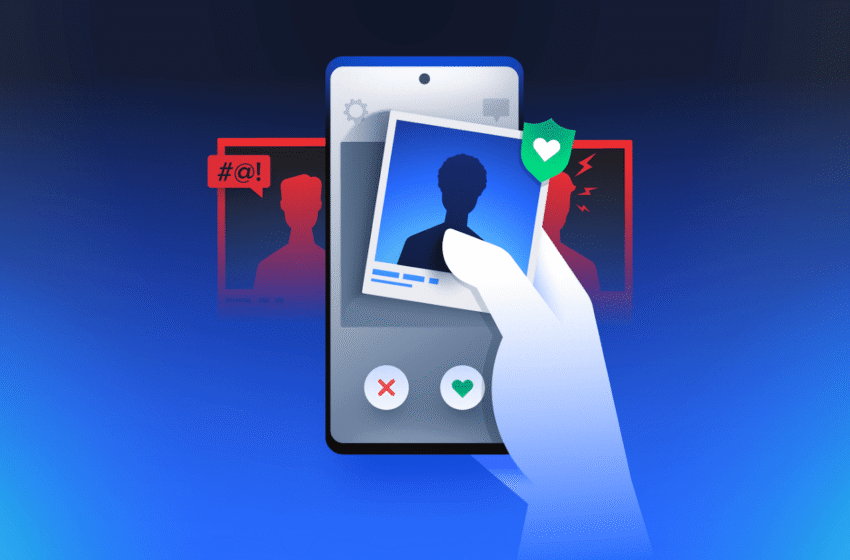Can AI dating assistants really help you find love in 2025

AI dating tools are changing how people fall in love in 2025.
In 2025, swiping left feels outdated. Enter the AI dating assistants, your new digital wing person. No longer just passive algorithms suggesting matches, today’s AI tools are actively coaching, curating, and even conversing on your behalf in the world of online dating. But while these innovations promise to simplify the search for love, many are wondering: can a machine truly help you build a real human connection?
AI dating assistants are fast becoming mainstream, especially among Gen Z and millennials who are growing tired of the swipe-and-ghost culture. These digital companions, powered by large language models and predictive algorithms, go beyond typical dating apps. They analyze personality traits, recommend tailored conversation starters, and even flag red flags in your messages. Some can rewrite your profile bio to optimize for engagement, while others monitor your chat patterns to improve flirting skills or reduce awkward silences.
One of the most popular tools in this space is RizzGPT, an AI that suggests real-time messages during chats, making it easier for users to keep conversations interesting and authentic. Other platforms like Teaser AI, AIMatch, and Flirtify offer similar features, helping users overcome anxiety or indecision when navigating romantic exchanges. These tools combine natural language processing, emotional analysis, and behavioral data to create a personalized digital dating experience.
What sets AI dating assistants apart is their predictive matchmaking capability. Instead of relying solely on surface-level interests, they use machine learning to map behavioral compatibility, analyzing how you speak, how often you initiate, and even how you respond to emotional cues. For those tired of endless swiping with no substance, AI offers what feels like a smarter, more targeted approach.
But the growing presence of AI in dating raises valid questions. Can love be reduced to patterns and algorithms? Critics warn that while these assistants may enhance convenience, they also risk over-engineering romance, making it feel transactional or emotionally shallow. There’s also concern that users may grow too reliant on AI-generated responses, diminishing their real-world social confidence.
However, relationship psychologists see a silver lining. Used responsibly, these tools can help users become more self-aware, more intentional, and even more empathetic. For shy or neurodivergent individuals, AI assistants can act as confidence boosters, guiding them through the often unpredictable world of romantic communication. And with most tools offering customizable settings, users can decide how much help they actually want.
READ ALSO
Digital Fasting: Why everyone’s logging off in 2025 (and how to do it right)
Globally, the AI love tech market is booming. The trend reflects a broader cultural shift, where emotional intelligence and technological efficiency are no longer at odds.
So, can AI dating assistants really help you find love? The answer is nuanced. AI won’t replace the chemistry, effort, or emotional labor required to sustain real relationships. But it might just help you get to the starting line, with more clarity, confidence, and fewer ghosted messages.
As romance meets robotics, the future of love may no longer depend solely on chance, it might just start with code.

